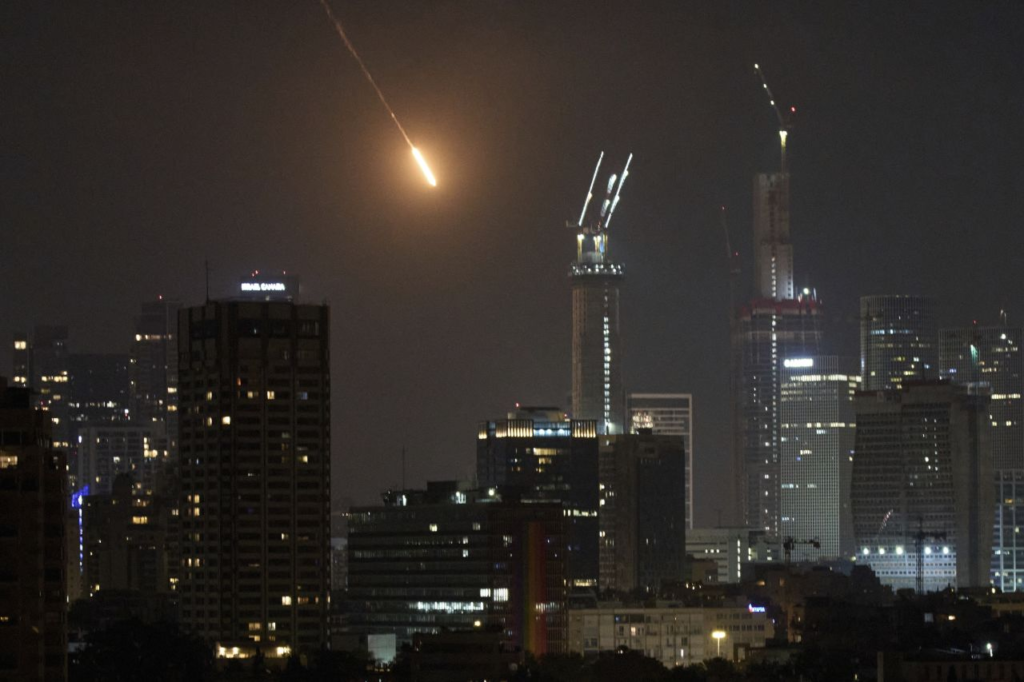The escalation between Iran and Israel has ended due to a sudden ceasefire, leading to a respite. According to multiple sources including the BBC and CNN, the ceasefire was suddenly declared on June 24 after around two weeks of the conflict between Israel and Iran that led to the deaths of several hundreds. This is a good initiative —taken by the US administration — and it de-escalated the conflict after the sudden attacks of the US forces on three Iranian nuclear sites including Natanz and Fordow sites that were later retaliated by Iran with the fire of several missiles into the US military base in Qatar, Al-Udeid Air Base, highly increasing the chance of a larger war with the possibility of the third world war. But it remains unclear whether there will not be any further conflict between the parties.
Various reasons have facilitated Israel’s attacks on Iran, subsequent escalation and the involvement of the US. The geopolitical competition and rivalries for decades, historical grievances and controversies over the nuclear enrichment program of Iran are crucial causes of the latest escalation. Pertinently saying, they have established their geopolitical set-ups in the region targeting each other for a long and carried out proxy wars in Syria and several other countries. Though the conflicting interests of the parties over Tehran’s enrichment of uranium were directly responsible for the escalation between Israel, which has nuclear weapons though undisclosed for its nuclear opacity policy, and Iran and the involvement of the United States in it, the long geopolitical rivalry has been gradually pushing the parties to the edge of a potentially dangerous war.

Photo credit: https://edition.cnn.com/.
Positively saying, both Israel and Iran have accepted the ceasefire declared by the US, which favored the former in the escalation though did not directly attack except for the attacks on nuclear sites on the 10th day of the war, and stopped further fires at each other, despite the initial fires of some missiles immediately after the declaration of the ceasefire. The stricter stance of the United States on the ceasefire has probably helped and forced the two parties to refrain from further exchanges of fires. Among others, there is also no indication from any of the parties to escalate further. But various reasons including any wrong initiative by any of the parties including targeted killings may unsurprisingly increase tensions between Israel and Iran — even if the ceasefire has ended the escalation — in the future.
But efforts are needed to reduce the chance of further conflicts especially between Israel and Iran, two powers in the Middle East. For this, maintaining the ceasefire between the two parties, including Israel and Iran, which are claiming victory in the 12-day war, is vital. But reaching a nuclear deal with Iran will be helpful and reduce the chance of further escalation among the parties including Israel and Iran. Hopefully saying, the United States, which left the 2015 Joint Comprehensive Plan of Action (JCPOA) in 2018, and Iran are likely to hold further meetings in the coming weeks on a possible nuclear treaty. But ending the targeted killing of Iranians by Israel is also crucial and will help prevent escalation in the future more effectively.

Photo credit: https://www.npr.org/.
Withdrawing sanctions imposed by the United States on Iran over various reasons including Tehran’s nuclear program can be an incentive for Iran, especially after the bitter escalation and US involvement in it, and help reach and maintain the nuclear deal — if it is reached and signed by the parties. But it remains unclear whether the chance of further escalation between Israel and Iran in the future will reduce convincingly given that other problems, along with the above-mentioned causes, including the Gaza war, which is still going on and has been killing Palestinians each day, does not end.
Pertinently saying, the latest escalation between Israel and Iran has a link with the Gaza war that led to the exchanges of fires between the two parties before the 12-day conflict. The continuation of the Gaza war may increase the chance of escalation in the Middle East involving different countries including Iran and Israel. Along with addressing the escalation between Israel and Iran, initiatives are also needed to end the Gaza war.
